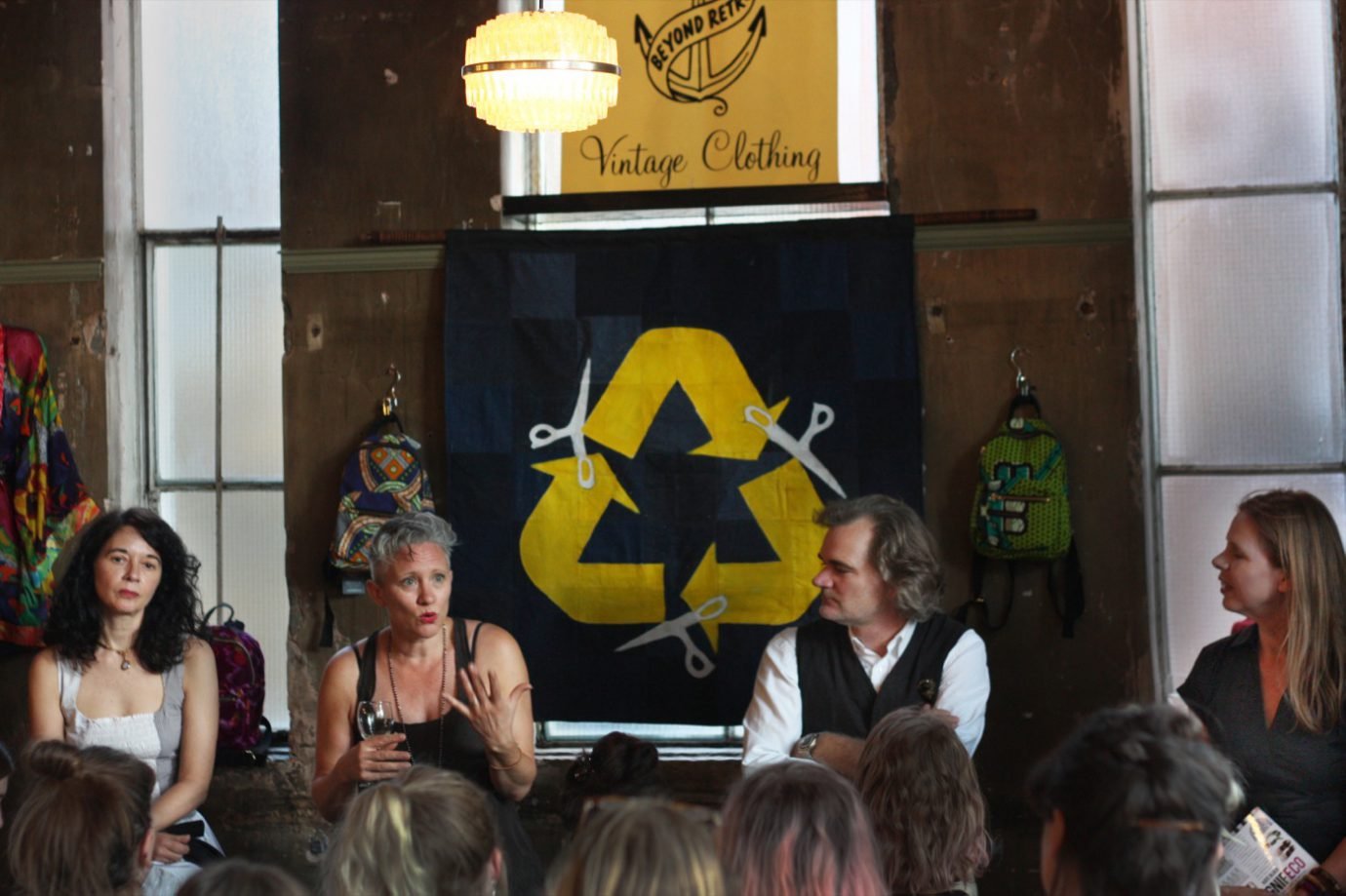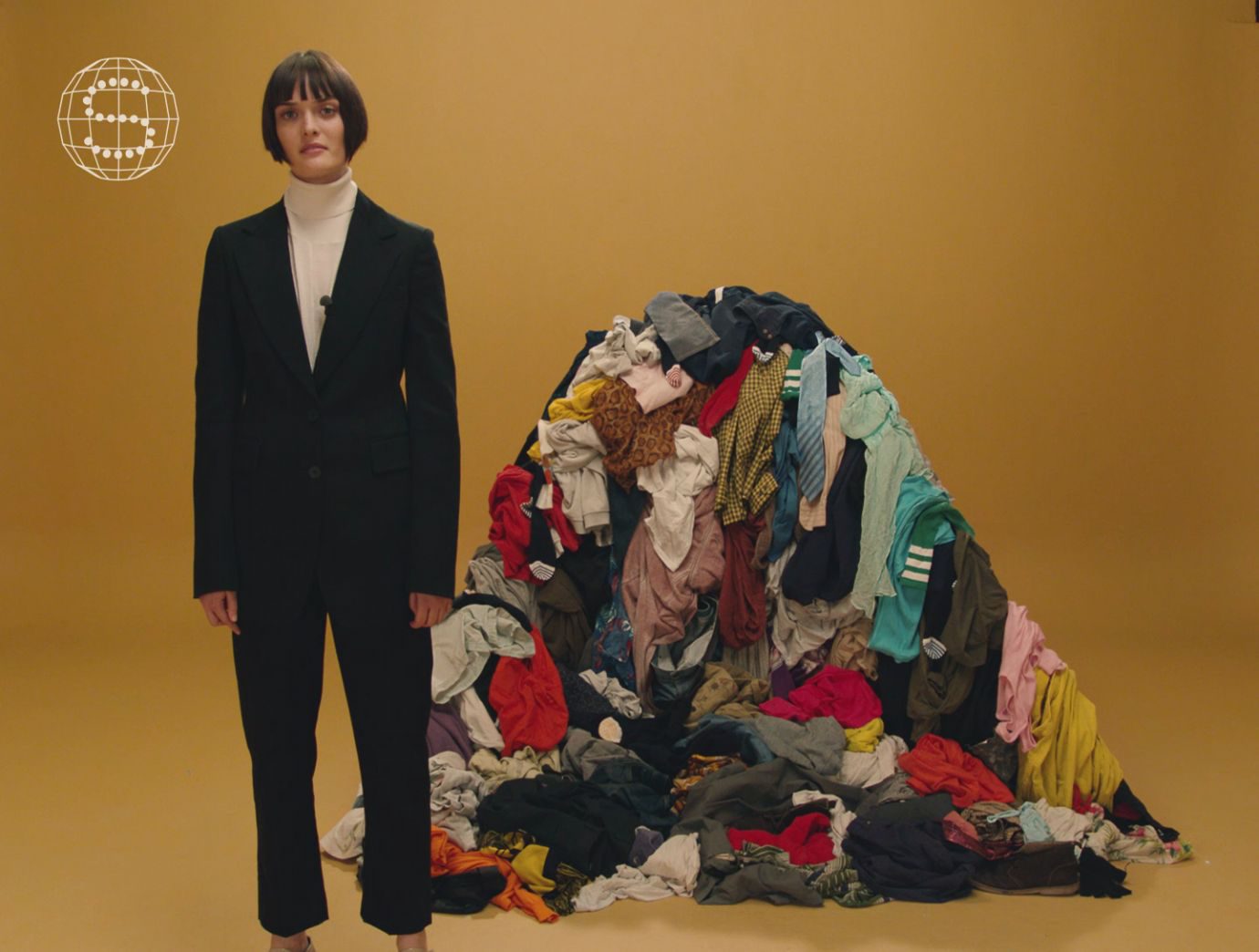When we talk about fashion in the post-pandemic hellscape that is the year 2021 it’s virtually impossible to keep social media out of the discussion; and whether you like it or not the way a product is received across Instagram, and more recently TikTok, can be its make or break; so much so that positive reviews and going viral has the potential to sell a product out for weeks, months or even years. E-commerce platforms have entire edits dedicated to ‘trending on TikTok’, Starbucks has released a limited-edition drink inspired by the app, and earlier this year a popular pasta recipe triggered a national shortage of Feta cheese in Norway.
Since its launch in 2016 and its subsequent meteoric rise to success during the first wave of the COVID-19 pandemic in 2020, the platform has created a new generation of digital vanguards, armchair fashion critics, and aspiring niche internet celebrities who post daily contemporary discourse on social politics, art, and style, hot-takes on current fashion trends, what’s aesthetic and what’s not “a vibe”, categorising trends with made-up names like Avant-Basic, Kid-Core, and Minimal Maximalism.





















